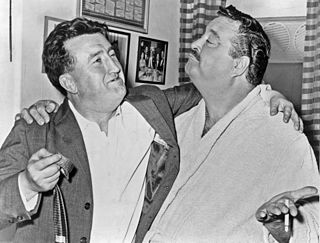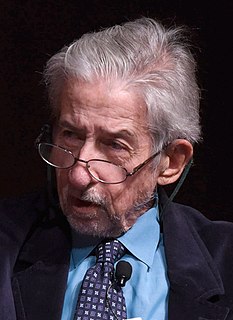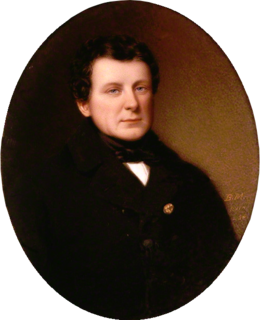A Quote by James Joyce
If the Irish programme did not insist on the Irish language I suppose I could call myself a nationalist. As it is, I am content torecognize myself an exile: and, prophetically, a repudiated one.
Related Quotes
No Irish nationalist could support any treaty which institutionalizes British government claims to a part of Irish national territory. Indeed, the term - 'constitutional nationalism'- used by Mr.Mallon (SDLP) and his colleagues to describe their political philosophy is a contradiction in terms. The only constitutional nationalist in Ireland today is Sean McBride. He puts his nationalism within a framework of Irish constitutionality. Mr. Mallon, however, puts his within the framework of British constitutionality. Irish nationalism within British constitutionality is a contradiction in terms.
I was raised in an Irish-American home in Detroit where assimilation was the uppermost priority. The price of assimilation and respectability was amnesia. Although my great-grandparents were victims of the Great Hunger of the 1840's, even though I was named Thomas Emmet Hayden IV after the radical Irish nationalist exile Thomas Emmet, my inheritance was to be disinherited. My parents knew nothing of this past, or nothing worth passing on.
All my family look Irish. They act Irish. My sister even has red hair... it's crazy. I'm the one that doesn't seem Irish. None of the kids in my family, my siblings, speak with an Irish accent... we've never lived there full-time; we weren't born there. We just go there once or twice a year. It's weird. Our parents sound Irish, but we don't.
Irish is harder to pull off. I know southern people and I really like the midwest, so I can tap into that a little bit. It's easier to sound angry with southern than it is Irish. Yelling Irish you can sound like an angry Leprechaun. I think me screaming like I am going to kill you in Irish doesn't work.
Wherever they went the Irish brought with them their books, many unseen in Europe for centuries and tied to their waists as signs of triumph, just as Irish heroes had once tied to their waists their enemies' heads. Where they went they brought their love of learning and their skills in bookmaking. In the bays and valleys of their exile, they reestablished literacy and breathed new life into the exhausted literary culture of Europe. And that is how the Irish saved civilization.






































